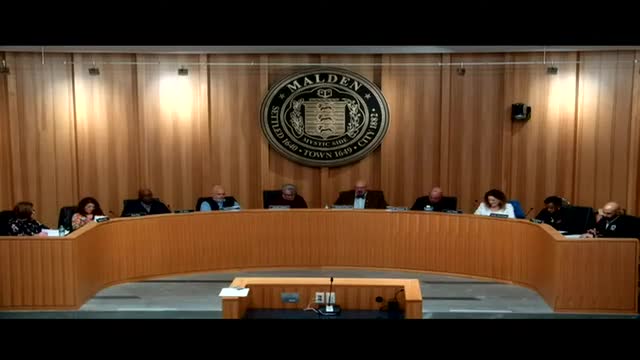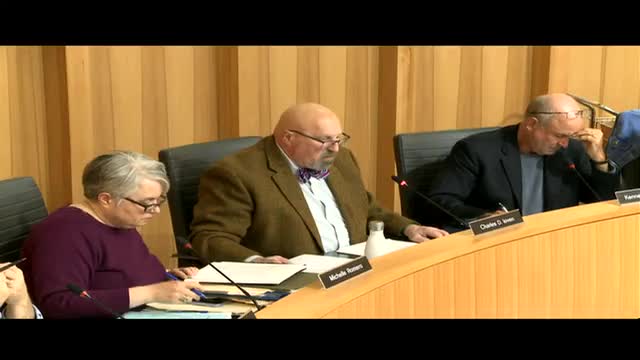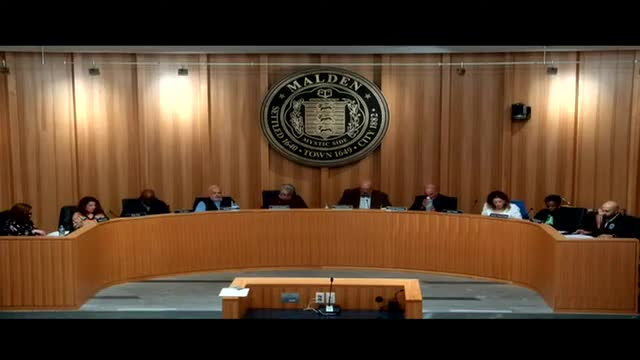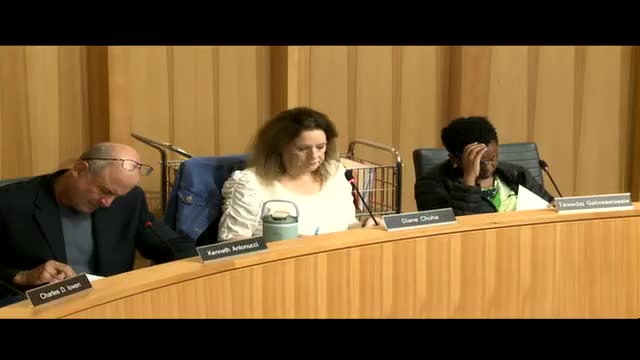Article not found
This article is no longer available. But don't worry—we've gathered other articles that discuss the same topic.

Malden planning board narrows landscaping materials, splits on front‑yard paving rules

Malden moves to update floodplain rules, maps and notification procedures ahead of July FEMA map changes

Malden to remove development cap, amend MBTA overlay map to win state approval

